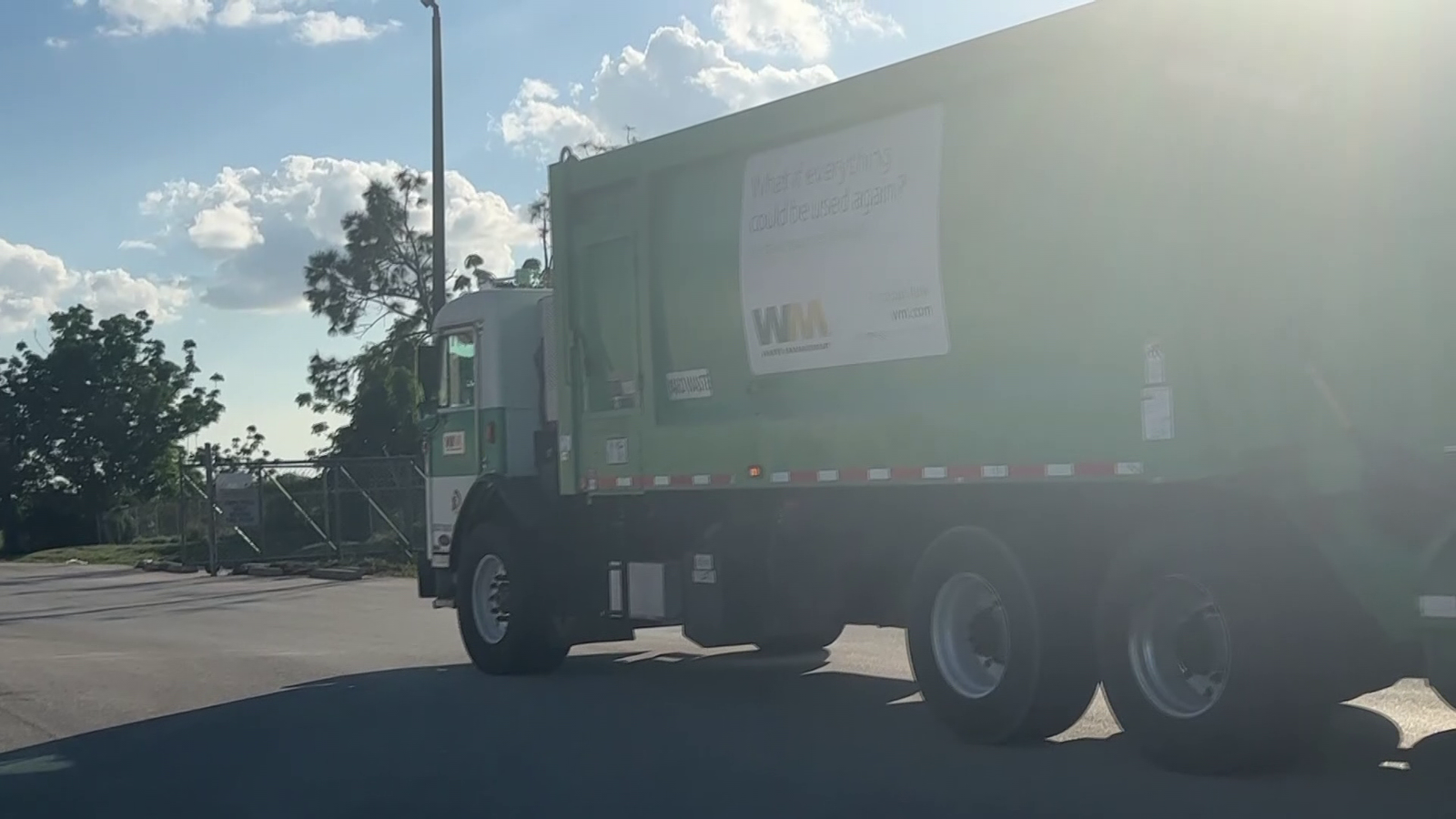Waste Management Trains Collier, Lee County Drivers in Safety
Maintaining a safe environment is paramount, especially in industries that handle waste management. Waste collection drivers in Collier and Lee Counties are pivotal to ensuring not just the collection of waste, but the safety of themselves and the communities they serve. These operators navigate the challenge of busy streets, diverse neighborhoods, and sometimes hazardous materials. With this important responsibility comes the imperative need for effective training programs focused on safety.
The Importance of Driver Training
Training means more than just acquiring skills; it molds a driver’s expertise, instilling habits that protect both the individual and others on the road. Waste Management, the industry’s leader, has recognized this necessity. Their programs emphasize vehicle operation, equipment handling, and situational awareness. Each session is packed with knowledge gained from years of experience and real-world challenges.
Imagine a trainer sharing the story of an incident where a lapse in judgment led to an accident. The crew gathers, eyes wide, absorbing not just the facts but the emotion behind those events. It’s in these moments that the gravity of safety truly resonates. The lessons imparted go beyond mere protocol; they foster respect for the responsibility that comes with driving a waste vehicle.
Handling Hazardous Materials
Drivers often engage with various types of waste. From everyday refuse to potentially hazardous materials, recognizing the different categories is crucial. Training includes education on the identification of hazardous waste, proper handling techniques, and emergency response strategies.
Consider a scenario where a driver encounters a leaking container while on their route. Without the right training, panic could ensue. However, a well-prepared driver knows precisely how to handle the situation—whether that means notifying emergency services or employing safety measures to contain the hazard. These teachings aren’t theoretical; they are rooted in reality, informed by previous experiences and occurrences.
Promoting a Safety Culture
Creating a culture of safety within an organization breeds accountability. Waste Management instills this in its training programs. Each driver learns that their actions can impact fellow employees, community members, and the environment. Accountability creates a ripple effect—it leads to safer practices not just during training but throughout their careers.
During seminars, drivers share their stories, engaging in open discussions about the challenges they face and how they overcame them. This exchange does not merely strengthen team bonds; it enriches individual experiences, revealing the different perspectives that each situation can provide.
The Role of Continuous Training
Safety training doesn’t stop after the initial program. Continuous education sessions ensure that drivers remain aware of the latest safety protocols and technological advancements. Techniques that once served twenty years ago may no longer be applicable or safe. Regular updates in training allow Waste Management to adapt to the ever-changing landscape of waste disposal and environmental protection.
During follow-up sessions, drivers participate in simulations that test their responses in various scenarios. For instance, a serious weather event could challenge their decision-making skills. They learn to assess risk factors and develop strategies, which builds lasting confidence.
Building Community Trust
The relationship between waste management drivers and their communities reflects mutual respect and responsibility. When drivers operate their vehicles with a commitment to safety, they build trust within neighborhoods. Residents notice their dedication and become more open to engaging with waste management initiatives.
This connection also extends to schools and community programs. Drivers often visit local schools to speak about safety and environmental stewardship, fostering a sense of community pride. In doing so, they not only teach the youth but also reinforce the significance of responsibility in waste management.
Maintaining a culture of safety is an ongoing process. Waste Management’s efforts in training Collier and Lee County drivers are a testament to their commitment to safeguarding both people and the environment. Through dedicated training, continuous education, and a collective sense of responsibility, these drivers are equipped to handle their daily challenges while reinforcing the vital role they play in their communities.





































